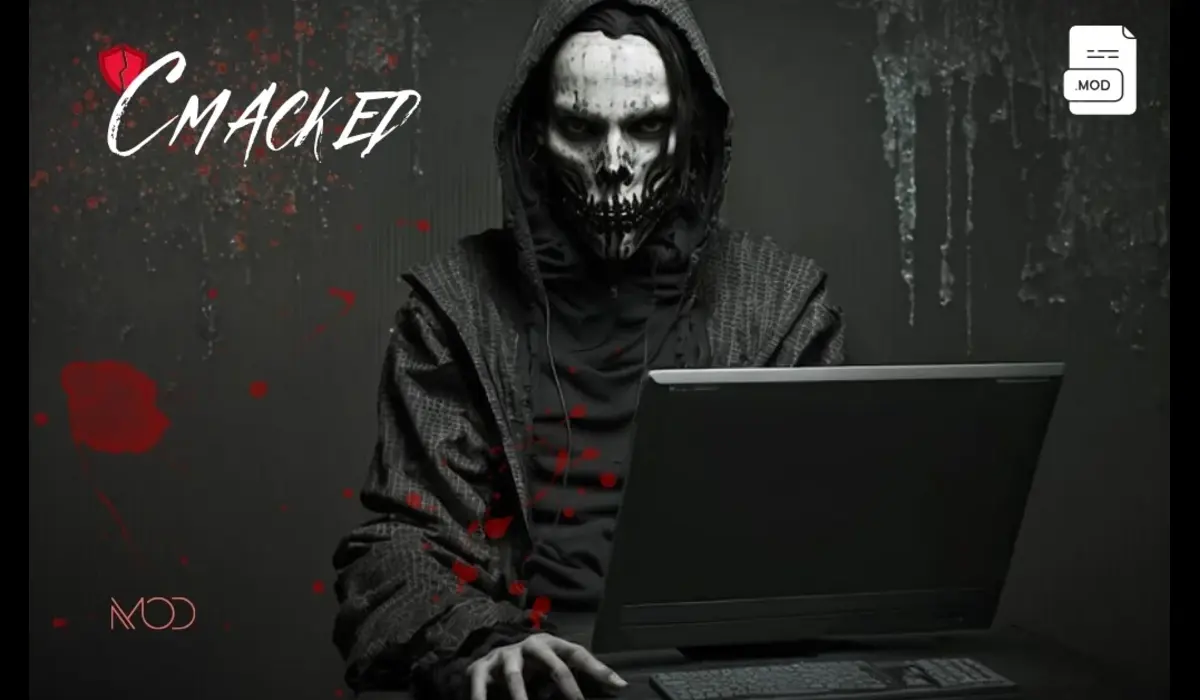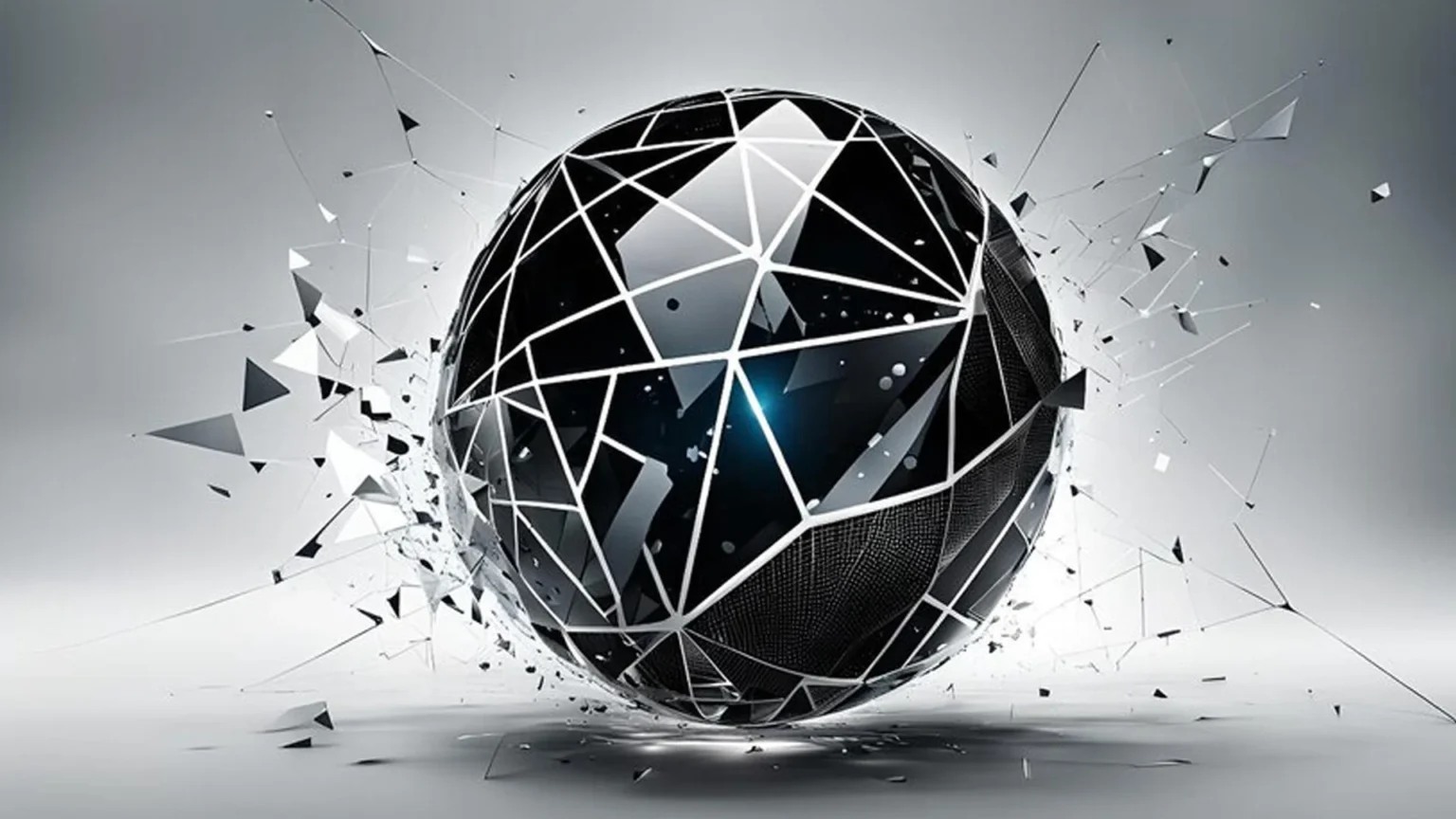Have you ever heard of the term “cmacked“? Maybe you’ve stumbled upon it in a tweet, or perhaps a friend casually dropped it in conversation, leaving you bewildered. Don’t worry; you’re not alone! This seemingly cryptic term is part of a growing lexicon of urban slang that’s sweeping across social media and everyday conversations. So, what does it mean to be , and how did this word worm its way into our vernacular? Let’s dive deep into the world of and uncover its origins, implications, and the cultural impact it holds.
What Does CMACKED Mean?
Unpacking the Definition
First things first, what exactly is cmacked? The term “cmacked” can be interpreted as being overwhelmed, astonished, or even completely floored by something. It’s like that moment when you watch a plot twist in a movie that leaves you slack-jawed, or when you witness something so unexpected that it leaves you speechless. The feeling of being is a blend of surprise, shock, and awe all rolled into one.
Where Did It Come From?
The origins of “cmacked” are somewhat murky, like trying to trace the roots of a wild vine. Some say it sprouted from the depths of social media, particularly on platforms like Twitter and TikTok, where new slang words are born and spread like wildfire. Others believe it emerged from niche online communities before gaining mainstream traction. Regardless of its origin, has become a staple in the digital dialogue of today’s youth.
The Linguistic Evolution
The Nature of Slang
Slang is the linguistic equivalent of fashion. Just as trends in clothing come and go, so do words and phrases. Remember when everyone was saying “YOLO”? Slang evolves rapidly, reflecting the dynamic nature of culture and society. “Cmacked” is a prime example of this evolution, showcasing how language adapts to express new emotions and experiences.
The Spread of Urban Slang
Urban slang often spreads like a viral video—quickly and widely. Social media platforms act as the perfect incubators for new terms, allowing them to proliferate across the globe in a matter of days. Influencers, memes, and viral challenges play significant roles in popularizing these words, turning niche phrases into mainstream lingo.
The Psychology Behind Being CMACKED
Emotional Impact
Why do we need a word like cmacked? Human emotions are complex and multifaceted, often requiring nuanced vocabulary to capture their essence. The term encapsulates a specific blend of feelings that other words like “shocked” or “surprised” might not fully convey. It’s a testament to our innate desire to articulate our experiences accurately.
Social Connection
Using slang like cmacked can also foster a sense of belonging. It’s a way of signaling that you’re in the know, part of the in-crowd. It’s like a secret handshake for the digital age. When you drop the word cmacked in a conversation, you’re not just describing an emotion; you’re also connecting with others who understand and use the same lingo.
CMACKED in Popular Culture
Music and Lyrics
Urban slang often finds its way into music, where it gets immortalized in lyrics. From rap to pop, artists frequently incorporate trendy terms into their songs, helping to popularize them further. Don’t be surprised if you hear “cmacked” in the next big hit on the radio.
Movies and TV Shows
Similarly, television shows and movies often reflect current linguistic trends. Characters using contemporary slang make the dialogue feel more authentic and relatable. The next time you binge-watch a new series, keep an ear out for cmacked—you might just hear it.
The Digital Footprint of CMACKED
Social Media Platforms
As mentioned earlier, social media is the breeding ground for new slang. Platforms like Twitter, TikTok, and Instagram are rife with posts and videos using the term cmacked. Hashtags and trends associated with the word can help it gain even more traction, turning it from a fleeting term into a permanent fixture in our language.
Memes and Viral Content
Memes play a pivotal role in spreading slang. A funny, relatable meme using the term cmacked can catapult it into mainstream usage. Viral content acts as a vehicle, transporting new words across the digital landscape with astonishing speed.
CMACKED in Everyday Life
Casual Conversations
You don’t have to be a social media maven to use cmacked. The term has permeated everyday conversations, especially among younger generations. Whether you’re chatting with friends, texting, or even writing an email, don’t be afraid to drop a cmacked here and there.
Professional Settings
While it might be more common in casual settings, slang like cmacked can also make its way into professional environments, especially in industries that value creativity and innovation. Just be sure to gauge your audience first—your boss might not appreciate the latest slang as much as your peers do.
The Future of CMACKED
Evolution of Language
The term cmacked, like all slang, will eventually evolve. It might fade away, replaced by the next big thing, or it could become a permanent addition to our lexicon. Language is always changing, reflecting the culture and times we live in.
Global Influence
Slang isn’t confined to one region or country. Thanks to the internet, words like cmacked can achieve global recognition. They can be adopted and adapted by people from different cultures, adding their own twists and interpretations.
Conclusion: Embracing the CMACKED Phenomenon
In the end, being is all about embracing the unexpected. It’s about those moments that leave us speechless, reminding us of the ever-evolving nature of language and culture. So, the next time something leaves you utterly astonished, go ahead and say you’re join the linguistic revolution and let the world know you’re in the know.
FAQs about Being CMACKED
Q1: What does mean? A1: refers to feeling overwhelmed, astonished, or completely floored by something. It’s a mix of surprise, shock, and awe.
Q2: Where did the term originate? A2: The exact origin is unclear, but it’s believed to have emerged from social media platforms like Twitter and TikTok, gaining popularity through online communities.
Q3: How do I use in a sentence? A3: Use to describe moments of extreme surprise or amazement. For example, “I was when I saw the fireworks display.”
Q4: Is appropriate for professional settings? A4: It’s more commonly used in casual conversations, but it can be used in professional settings if the context allows, particularly in creative industries. Always consider your audience first.
Q5: How does slang like spread? A5: Slang spreads rapidly through social media, music, movies, and memes. Influencers and viral content play significant roles in popularizing new terms.










